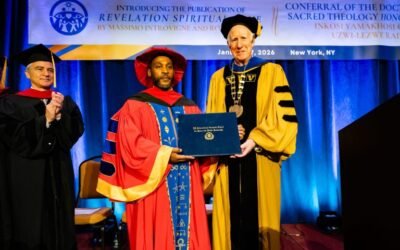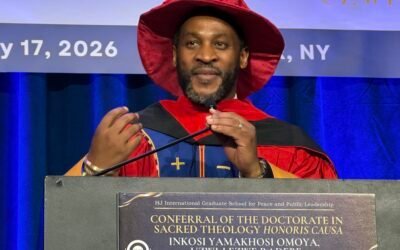An attorney has been told he would not be allowed to enter courts if he does not renounce his faith. Four are accused as usual of having burned pages of the Quran.
by Massimo Introvigne

The persecution of the Ahmadiyya Community in Pakistan continues. The Ahmadis recognize their 19th-century founder Mirza Ghulam Ahmad as “both a prophet and a follower of the Holy Prophet [Muhammad].” This is not good enough for conservative Sunni Muslims, for whom nobody can be called a prophet after Muhammad. Accused of denying this doctrine of the “finality of prophethood,” Ahmadis are prohibited by Pakistani laws to call themselves Muslims and are continuously discriminated and persecuted.
On September 1, it was revealed on social media that the President of the Gojra Bar Association, Ejaz Akhtar Kahoja, had written a letter to an Ahmadi lawyer called Tahir Nauman. The letter stated that the lawyer should renounce his faith or they would cancel the allotment of his chamber and he would be stopped from entering the courts at Gojra, the administrative capital of Gojra tehsil in Punjab.

Meanwhile, four Ahmadis remain in jail in the Narowal district, in the upper part of Punjab, for what has become the standard false accusation of blasphemy. They were allegedly seen burning pages of old books, which accusers claim were copies of the Holy Quran.
The dynamic is always the same. A cleric from a radical organization, in this case the same Ahle Sunnat Wal Jamaat involved in the recent prosecution for blasphemy of anti-rape blogger Asma Batool, denounces the alleged blasphemy.

Riots follow and the police arrest the accused, in the Narowal case first one and then another three Ahmadis. Under Pakistani law, they risk the death penalty.

Massimo Introvigne (born June 14, 1955 in Rome) is an Italian sociologist of religions. He is the founder and managing director of the Center for Studies on New Religions (CESNUR), an international network of scholars who study new religious movements. Introvigne is the author of some 70 books and more than 100 articles in the field of sociology of religion. He was the main author of the Enciclopedia delle religioni in Italia (Encyclopedia of Religions in Italy). He is a member of the editorial board for the Interdisciplinary Journal of Research on Religion and of the executive board of University of California Press’ Nova Religio. From January 5 to December 31, 2011, he has served as the “Representative on combating racism, xenophobia and discrimination, with a special focus on discrimination against Christians and members of other religions” of the Organization for Security and Co-operation in Europe (OSCE). From 2012 to 2015 he served as chairperson of the Observatory of Religious Liberty, instituted by the Italian Ministry of Foreign Affairs in order to monitor problems of religious liberty on a worldwide scale.



